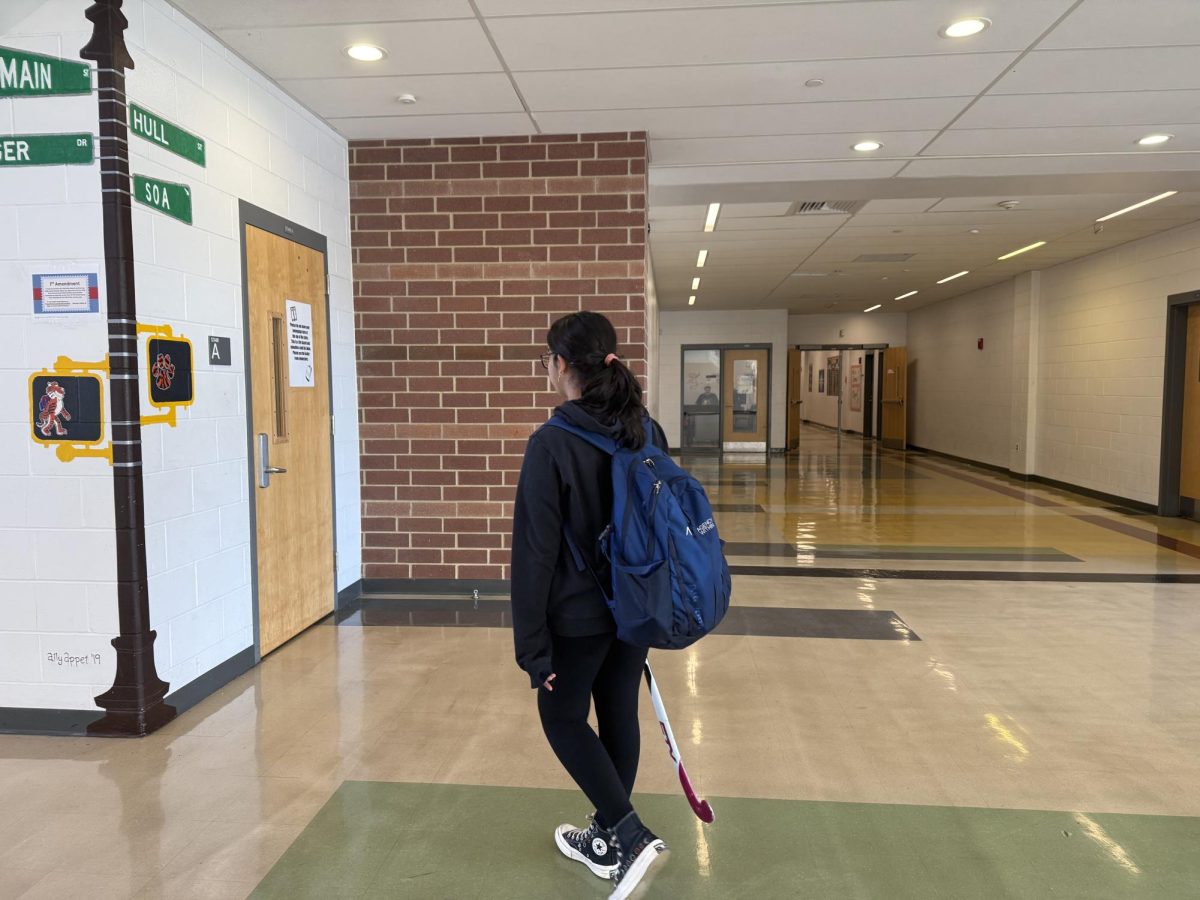by Adam Clements
Nearly everyone is familiar with the eternal high schooler’s struggle of failing to get enough sleep. Day after day, hundreds of students at North return home late after extracurriculars and struggle through hours of homework, unable to go to bed at a reasonable hour. After just four or five hours of sleep, students need to wake up, hurriedly prepare for school, and eventually stumble in around the 7:50 a.m. start time and struggling to stay awake through their first couple of classes.
Aware of this issue, Newton Public Schools has formed a working group to explore the possibility of later start times for North and South. Those involved look at costs and benefits of the idea, determining if a later high school start time is a feasible concept for the near future.
Start times for North and South are the earliest of all public schools in Newton, which doesn’t seem to make sense given the sleep patterns of each age group. According to Newton’s working group on start time, a typical high school student naturally struggles to sleep before 11 p.m. and gets their deepest sleep between 4 and 8 a.m. In response to this sort of evidence, the American Academy of Pediatrics has recommended that high schools start no earlier than 8:30 a.m. If it can be done responsibly and carefully, a later start time would be an excellent improvement for North.
Will pushing back start times really make that much of a difference? Even if it would, is it possible to overcome the various time conflicts that would be created? Past success in other school districts indicates that it is both doable and effective.
At Nauset Regional High School in Eastham, M.A., start time was pushed back to 8:35 a.m. in 2011. In the following months, the school saw a 53 percent decline in failing grades and a nearly 30 percent decline in tardiness.
A change in start time has the potential to be a very positive shift for Newton’s high schools. However, it’s important that progress is made with caution and is executed slowly. Before making any changes, one must think of everyone who is affected by high school start times and how it will impact them. A later start time may be problematic for students who have extracurriculars after school, parents who drive their children to school, students who have jobs in the afternoon or nighttime, people commuting to surrounding middle and elementary schools, and others.
So far, the assigned working group has done an excellent job of looking at all sides of the issue. Starting the day later would be greatly beneficial for the school day in itself, and the NPS administration should continue working with all affected parties to find a solution that works for everyone.
Start time initiative has potential, working group must be cautious
May 4, 2016
0
Donate to The Newtonite
More to Discover









































